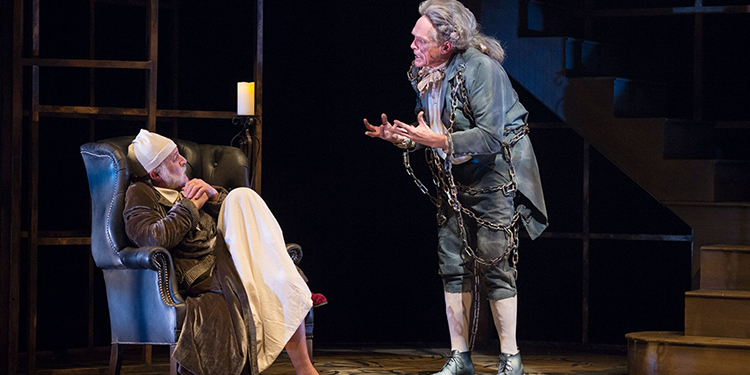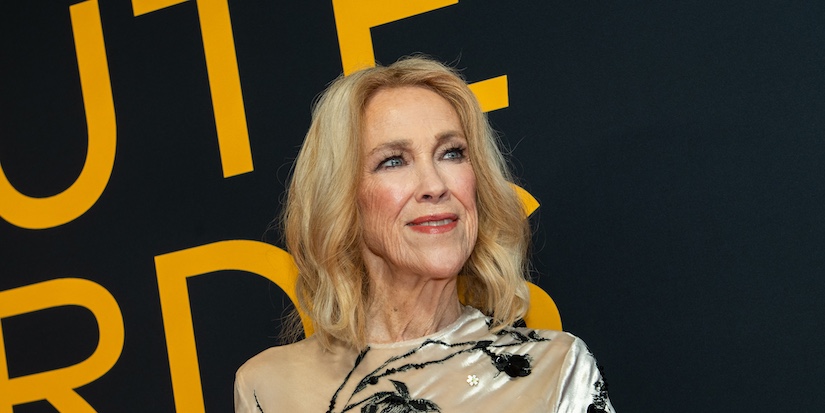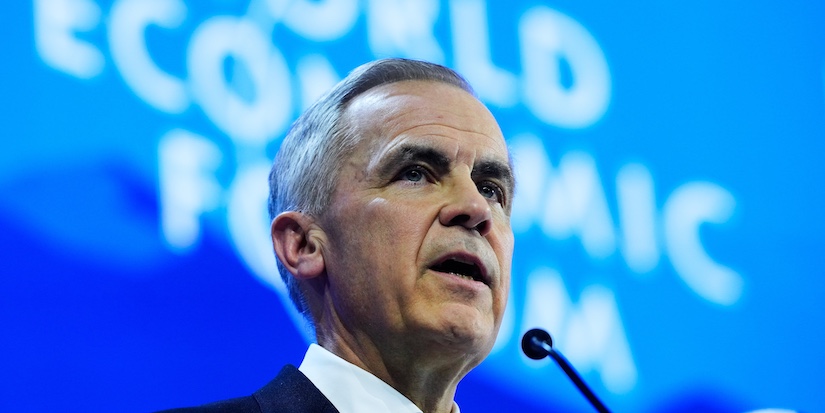Latest News
Many stand-outs in Gateway’s A Christmas Carol
Published 4:46 PST, Wed December 13, 2017
Part of many people’s tradition at this time
of year, is watching and or reading Charles Dickens’ A Christmas Carol. Gateway
Theatre offers a chance to see it live.
The opening line of the book, the play and
the movie, “Marley was dead,” is one of the shortest and best hooks to get the
listener into a story. And so begins the tale of greed and redemption, with
three ghosts thrown in for good measure.
For anyone familiar with the book or the
Alastair Sim movie, there are lines that will ring true, harkening back to when
you heard them for the first time. For anyone new to the story it is a tale that engrosses and enlightens
as it weaves through a miserable miser’s past, present and future, as told by
visiting ghosts on the eve of Christmas.
Michael Shamata’s adaptation retains enough
to recall traditions of past Christmases while staying true to the original
book yet keeping the play to a reasonable length. Dickens’ stories were
originally weekly chapters in newspapers. Later, they were compiled into books
so people could binge read the entire yarn. It made for plot-rich tales of some
length.
As Scrooge, Russell Roberts is clearly at the
top of his game. Spot on. The acting never shows. I can’t imagine him being
anyone other than Scrooge. To me that’s a sign of a good actor.
Equally a stand-out is Allan Morgan as Jacob
Marley, the Spirit of Christmas Present and a few other roles. Each of his
characters is so different that it’s hard to believe the same person plays
each. These two actors have their
full palette of skills and their acting sang, ringing true every moment they
were on stage.
That contrasted with the younger actors, some
of whom are recent graduates of Langara’s Studio 58 theatre program. RBC’s
support allows the development and nurturing of these new actors at Gateway.
That some were triple threats, singing, dancing and acting, was clear
throughout the play.
Another stand-out was the young actor who
played Tiny Tim—not from Langara, as Janna Lamb is only nine. Her voice was
clear, pure and strong. Under Rachel Peake’s direction, Lamb’s acting is
believable, so believable that we couldn’t find the boy who played this key
role at the reception until someone pointed her out. Lamb is someone to watch
as she grows and matures in her theatrical abilities.
The live music woven throughout the play,
sometimes as recognizable songs of the season, other times as background music,
enriched the play beyond measure, making it something one experiences not just
watches. Kudos to composer and sound designer, Joelysa Pankanea.
The sound whether dialogue, music or singing,
was clear. We sat near the rear of the theatre and the dialogue sounded
unamplified as if we were right near the stage—the sign of a true sound master.
Drew Facey’s set design was simple and
innovative, with everything put to more than one use, standing in for multiple
locations and times. It worked seamlessly.
Carmen Alatorre’s costumes were spot-on as
was Itai Erdal’s lighting design—never obtrusive but always guiding the
audience’s attention to the spot of the action on stage.
One rarely mentions the Stage Manager, but
Lois Dawson kept everything running like clockwork with an unobtrusive grace
that belied the challenge of coordinating so many actors and set changes
through the play.
Unfortunately, there were a few times in the
evening when the shortage of volunteers showed. Many theatre-goers are spoiled
by big city professional productions like Bard on the Beach where there is an
adequate supply of volunteers to offer to show you to your seat, find the coat
check or let you know you don’t have to finish your pre-show drink in a few
gulps because it can be labelled and left behind the concession counter for the
break. One advantage of community
theatre is meeting friends, neighbours and former teachers amongst the audience
and the volunteers. It makes Gateway feel like our theatre.
The other time the lack of volunteers showed
was at the opening night reception. Gateway was full, close to sold-out. With
only enough people to staff one spot for the Sheraton Vancouver Airport Hotel’s
tasty treats, the crush of people surging around the food lacked grace.
Anna’s Cake House’s offering disappeared
before many could even find it, the cake was so popular and the crowd so
large.A second location and more
volunteers to guide people might have helped.
Scheherazaad Cooper’s notes in the program
were another stand-out. They gave not only an overview of Dickens’ story but
linked the season to the many traditions and faiths’ views of this season as we
approach the longest night of the year and then the coming of the light, as the
days again begin to lengthen. A Christmas Carol is not a religious play but
does have themes common to all traditions—kindness for others, helping the
poor, and treasuring friends and family over money.
Dickens worked for social change by
illuminating the consequences of personal and corporate greed. As director
Rachel Peake pointed out, the institutionalized poverty of his day echoes today’s
increasing gap between the few with great wealth and their power over the
majority who don’t have enough to adequately house, clothe and feed their
families. Whether set on our current global scale or in Victorian London, I do
wonder, who will be our Dickens today to lead us toward the light?
A Christmas Carolat Gateway Theatre runs
until Dec. 24.





























